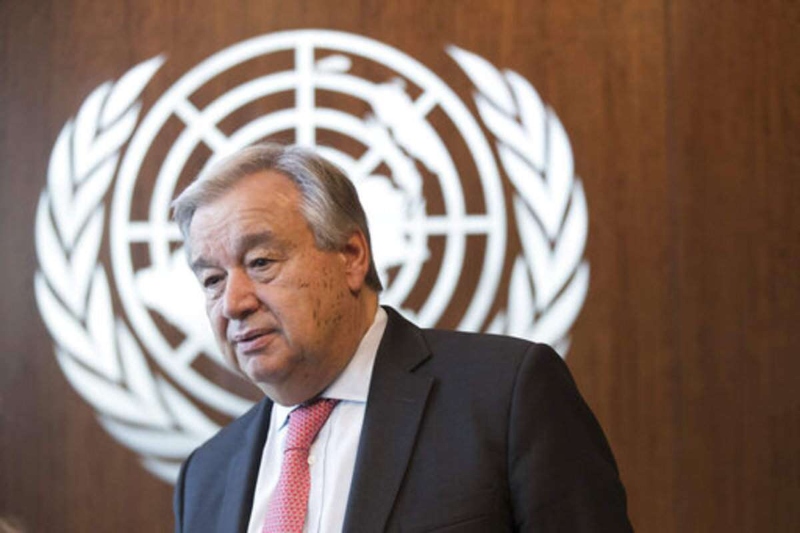
African Growth Needs Innovative Technological Push : UN Secretary General Antonio Guterres
Last updated on November 23rd, 2020 at 12:27 pm
African Growth Needs Innovative Technological Industrial Push: Africa has been clearly giving out signals that it is interested in developing its economy. Infrastructural development is close on heels. The message has been getting mixed responses from across the world.
Marking the African Industrialization Day recently, UN Secretary- General Antonio Guterres said that, “Technology and innovation were being embraced across the continent, and progress had been made in unity and economic integration.”
Today, nothing can be achieved without use of technology. Africa has seen some heavy investment being made in the continent in that context. In order to manage the loss that the continent has borne due to the pandemic led slowdown, Guterres has suggested a more sustainable growth model to be adopted in the continent to facilitate inclusive industrialization.
Speaking in a virtual meeting Guterres touched upon the Third Industrial Development Decade for Africa that runs from 2016 to 2025. He also stressed upon the 2030 Roadmap for Sustainable Development and Africa’s Agenda 2063.
His focus was more on usage of new equipment and techniques that can benefit various domestic economies across the continent. Africa has been primarily an agri-economy that has not seen too much industrial development in three decades. It is only now that the continent is looking at growing and has a lot to offer to the world in terms of natural resources. The main focus in his suggestions was also on farmers who need the help of digitalization to transform agri-food systems and achieve rural development.
Many political analysts believe that the continent first needs to concentrate on industrialization and Free Trade Area can come thereafter. The agreement came into action in May2019. It covered trade in goods and services, investment, intellectual property rights and competition policy. Of the 55 African Union member states, only Eritrea has yet to sign it.
The immediate objective of the free trade area is principally to boost trade within Africa by eliminating up to 90% of the tariffs on goods and reducing non-tariff barriers to trade. While the UN Conference on Trade And Development claimed that intra-country trade would help everyone increase their domestic earnings by 33%, it would not matter even if industrial growth had not happened in the meantime. That could follow.
But a general consensus is that industrial revolution is important even before intra-country trade can start.




